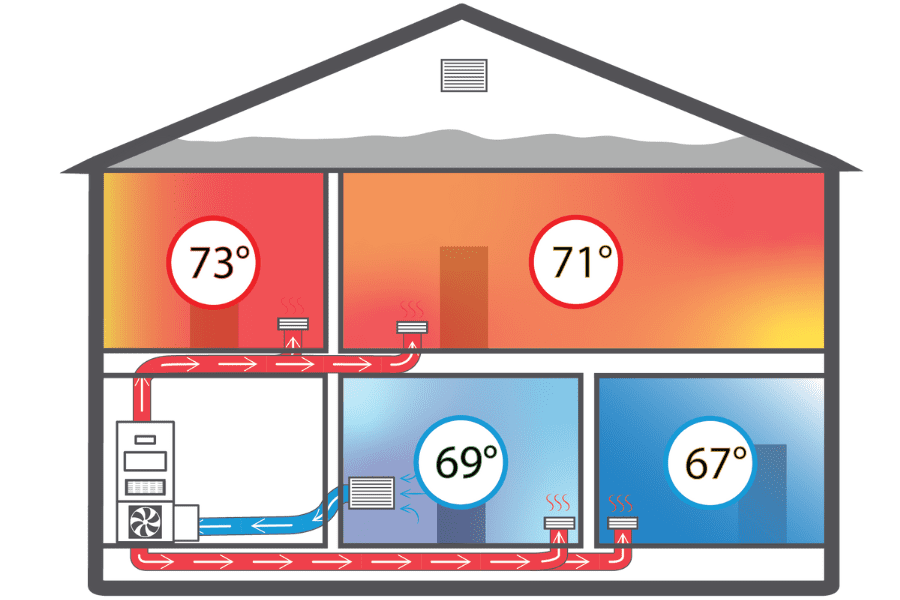Dec 28, 2021
Berkeley Lab Releases New Report on Quantifying Grid Reliability and Resilience Impacts of Efficiency
Berkeley Lab has released a technical brief titled "Quantifying Grid Reliability and Resilience Impacts of Energy Efficiency: Examples and Opportunities," which explains the value of energy efficiency in improving grid reliability and resilience. The brief recommends ways to overcome limitations in considering those impacts and offers solutions to improve quantifying and valuing reliability and resilience benefits from energy efficiency. It is aimed at state regulators and policymakers, utilities, and stakeholders and is available for free download.

Berkeley Lab’s new technical brief, “Quantifying Grid Reliability and Resilience Impacts of Energy Efficiency: Examples and Opportunities,” explains in plain terms how utility planning processes today value energy efficiency’s contributions to electricity system reliability and resilience and recommends ways to overcome current limitations in considering those impacts. The brief is available for free download here.
Grid reliability and resilience have significant economic and societal impacts. From traditional measures to more time- and location-sensitive approaches, energy efficiency provides important grid reliability and resilience benefits, on its own or integrated with other distributed energy resources (Table 1).

The technical brief—aimed at state regulators and policymakers, utilities, and stakeholders—covers three levels of electricity system planning: bulk power system, distribution system, and demand-side management. Berkeley Lab researchers identify challenges with existing metrics and assessment methods that do not fully capture the reliability and resilience benefits of energy efficiency, as well as technical and regulatory approaches to improve their valuation.
For example, utilities can align analytical methodologies with best practices and tap capabilities of new technologies, such as advanced metering infrastructure, to collect better data for planning. State utility regulators can develop or refine planning rules, establish consistent evaluation criteria across planning processes (where applicable), require that all available options be considered to meet electricity system needs, and, in order on current utility plans, require utilities to make improvements in the next planning cycle.
Other opportunities to improve quantifying and valuing reliability and resilience benefits from energy efficiency include:
- Add community- and customer-level metrics to account for local benefits and improve cost-effectiveness assessments
- Use better data and methods to monetize reliability through “value of lost load” assessments
- Quantify energy efficiency resilience benefits for the bulk power system by applying newly developed frameworks to the traditional value of lost load approaches to consider customer, utility, and economy-wide impacts
- Strengthen benefit-cost analysis frameworks and use them consistently for all types of planning
- Treat energy efficiency as a resource, and consider its time-sensitive value, in integrated resource planning
- Analyze interactions between energy efficiency and other distributed energy resources for accurate assessment of efficiency’s value
- Measure and value conservation and load shedding as resilience strategies and compensate participating customers accordingly
- Track improvement in restoration time as a reliability benefit of energy efficiency
The report authors are Natalie Mims Frick, Juan Pablo Carvallo and Lisa Schwartz of Berkeley Lab. The U.S. Department of Energy’s Office of Energy Efficiency and Renewable Energy–Strategic Analysis, funded this work.





